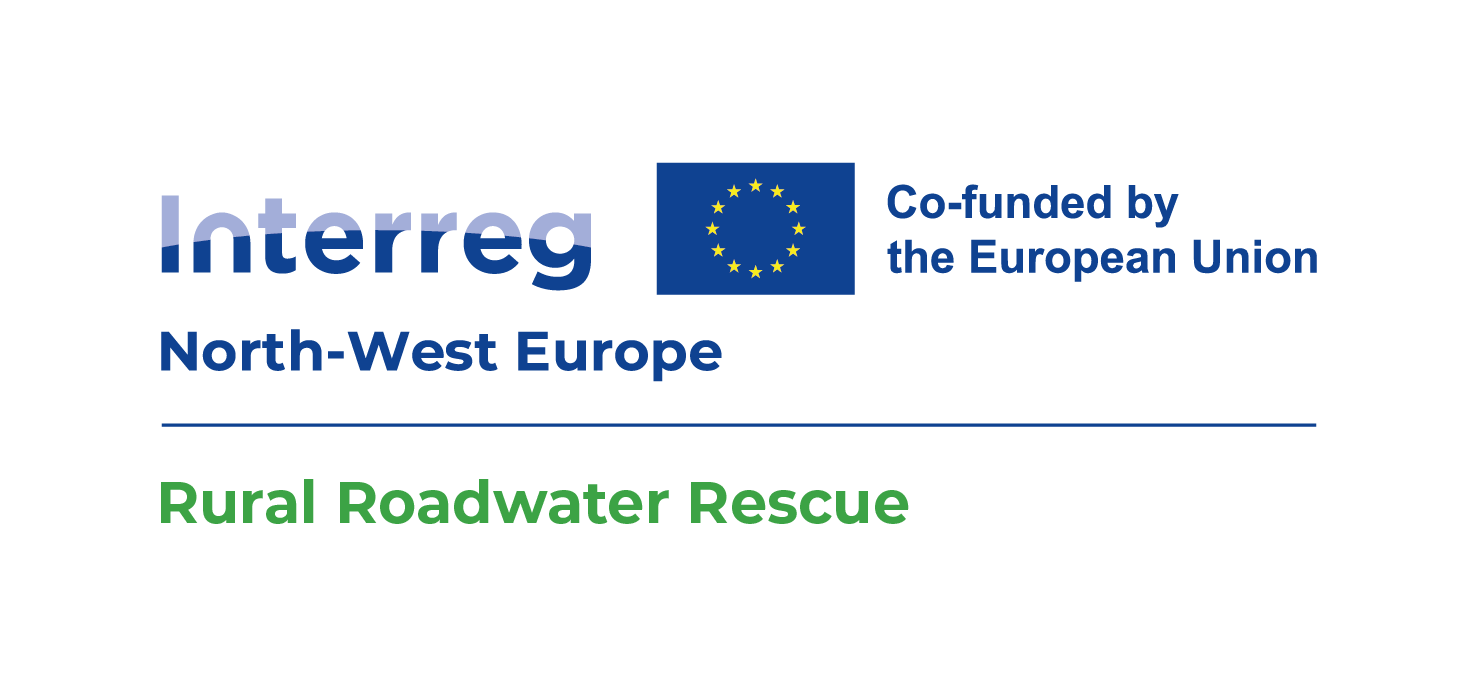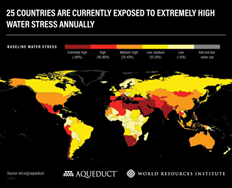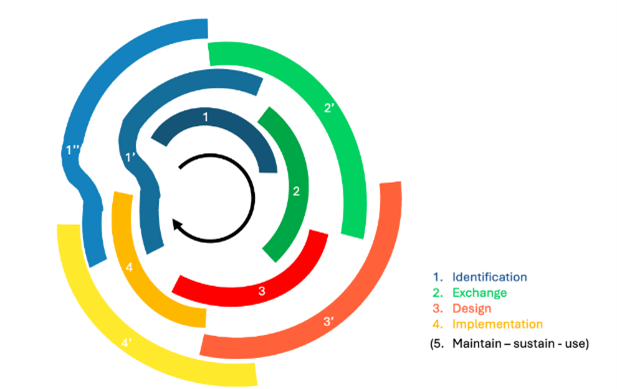
Roads as water suppliers
On 19 and 20 May 2025, the final event of Rural Roadwater Rescue took place. An excursion was organized to the InnoA58 test site near Kloosters in Eindhoven (NL). In Brussels, experts and policymakers gathered to discuss the results of a year of research. Dr. Engineer Marjolein Vanoppen emphasized in her keynote the urgency of making every drop count.
More important than ever
The European Water Resilience Strategy, Zero Pollution, and Circular Economy principles from the Green Deal call for action. According to the World Resources Institute, Belgium is among the countries with the highest water stress - a problem we cannot ignore. In the Netherlands, Rijkswaterstaat no longer wants to see roads as water polluters but as active contributors to the water balance. Water managers and road authorities are collaborating in this project. Cerema compared existing techniques in the Netherlands, Germany, France, and Flanders and conducted a stakeholder survey to map the current approaches in the partner countries.
Legislation and future perspectives
Roadwater contains pollution. In this project, the VMM compared existing regulations and guidelines regarding water quality and made recommendations to clarify the legal status of roadwater. Currently, roadwater is not considered for reuse. Therefore, the project explores whether we can take a step further. Several European frameworks are being examined, including irrigation legislation (Re-Use Act).
Treatment scenarios
The Technologiezentrum Wasser (TZW Karlsruhe) investigated potential water applications and necessary treatment scenarios. Initial findings suggest that roadwater could contribute to low-grade water uses such as industrial cooling, firefighting, and road cooling. Basic treatment could enable reinfiltration, forrest irrigation, and infrastructure cleaning. Advanced purification could make it suitable for irrigation edible crops. This overview aims to inspire policymakers to integrate innovative, sustainable water circulation solutions into infrastructure planning. The feasability of reuse depends on matching supply and demand.
Matching supply and demand
The participatory approach of Coöperatie Kloosters and Imec maps usage scenarios for Heverlee (Leuven, Flanders) and Kloosters (Eindhoven, the Netherlands). What role can the community play in accepting and installing alternative water sources? Coöperatie Kloosters and Imec outline a strategy for co-creation, where the design is aligned with citizens based on local needs through identification, exchange, design, implementation, and maintenance.
These results were presented in four focus sessions, which further discussed what is needed:
- What is a CAWH? Overview, strategy and upscaling
- Roadwater quality and legislation
- Roadwater re-use and treatment options
- Strategic community involvement
The VMM led the focus session on 'Roadwater quality and legislation'.
Summary
When supply and demand align, roadwater reuse can be applied to low-grade water uses. To date, this is not done systematically. The RRR project shows which water applications are possible, what treatment is needed, and how citizens can be involved. RRR also highlights gaps in legislation. Responsibilities are locally distributed, and advice is not always consistent regarding how road managers should limit environmental impact in terms of water quality. The approach is mostly captured in guidelines. The quality aspect of runoff rainwater is acknowledged but insufficiently clarified in existing regulations. It is also important to review and update existing legislation for swimming water, playgrounds, drinking water, irrigation, etc., considering the potential reuse of alternative water sources and the presence of micro-pollutants. This legislation was not originally designed for this purpose and may not exclude all risks associated with using alternative water sources.
On the other hand, considering current and expected future water stress, it is important to further clarify this for different types of water - including 'roadwater' - so that inflitration and use of secondary water sources is safe and can be maximized. With Rural Roadwater Rescue, we contribute to a resilient water strategy.





